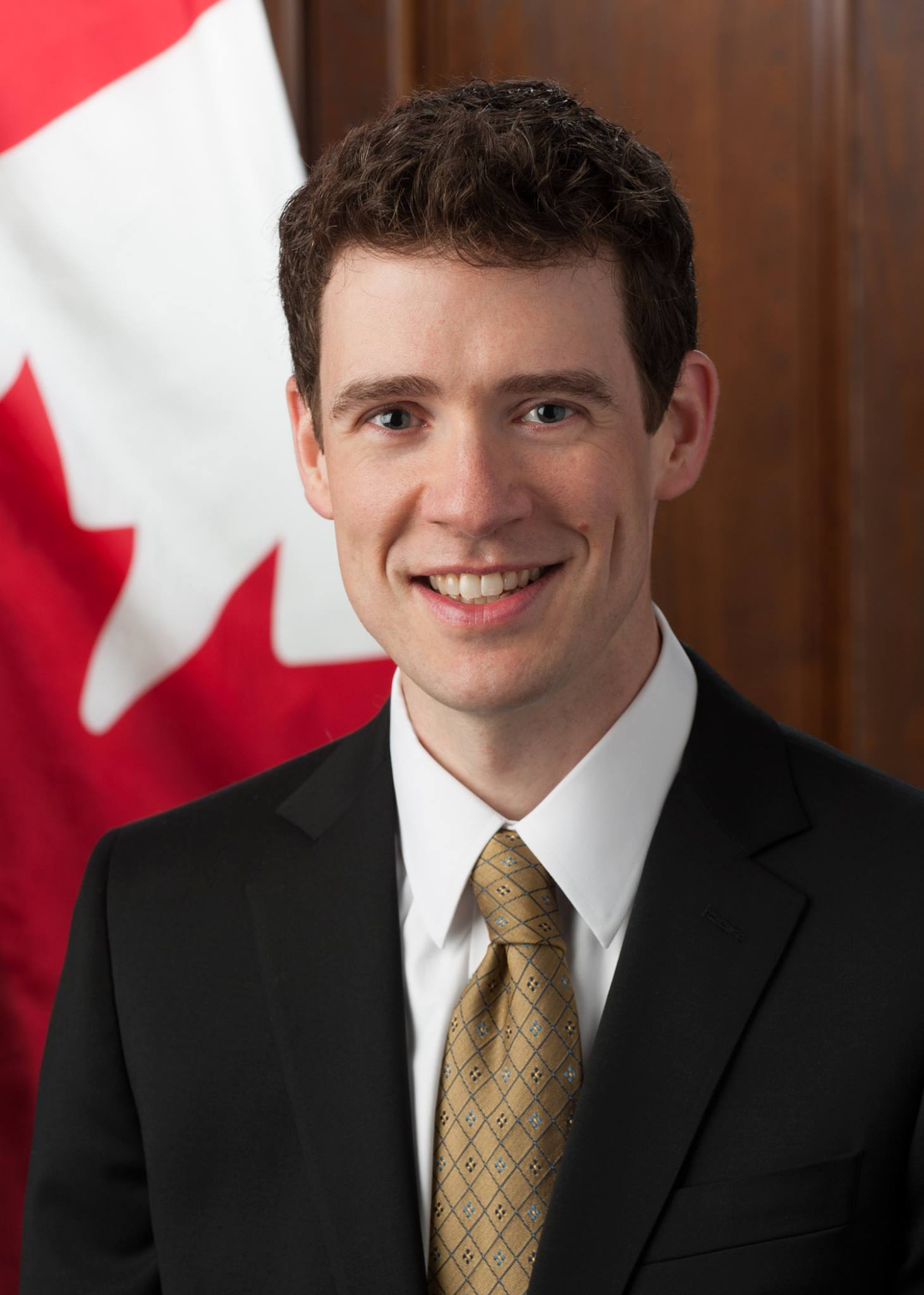Canada News
Religious freedom envoy joins think tank ahead of Liberals’ decision on office

Religious freedoms ambassador, Andrew Bennett.
(Photo: Canada’s Office of Religious Freedom | Facebook)
OTTAWA—Religious freedoms ambassador Andrew Bennett has joined a public policy think tank amid uncertainty over the future of his office under the Liberal government.
The Canadian Press has learned that Bennett has become a senior fellow at Cardus, a research group that bills its work as stemming from “2,000 years of Christian social thought.”
He will also chair the group’s Faith in Canada 150 program while he serves out the balance of his term as ambassador.
“I look forward very much to working with Cardus, the think tank best placed in my view to reaffirm the essential and foundational role of faith in our common life as Canadians,” Bennett said in a statement to The Canadian Press.
The Tories set up the Office of Religious Freedom in 2013, and appointed Bennett, a former public servant and Christian theologian, as its first ambassador.
His three-year team was supposed to end last month, but the Liberals extended it until the end of March to coincide with the expiration of the office’s mandate and annual $5 million in funding.
Foreign Affairs Minister Stephane Dion has been sending signals, however, that neither will be renewed in their current form.
He told the Senate he was considering whether the office was the best way to protect religious freedoms.
“Is that the best approach? As you know, according to international convention, rights are indivisible, interrelated and interdependent, and that is the approach we want to develop,” he said in February.
“Freedom of religion could never be defended without freedom of conscience, freedom of expression, freedom of assembly, or freedom of movement. That is all very important. That will be the focus of our thinking in determining how best to defend the various rights.”
While Bennett is joining Cardus immediately, he remains on the public payroll. His job with the group is unpaid and the Foreign Affairs department said it will not affect his work with the government.
A spokesperson for Dion said no decision has been made yet on the future of the office.
“We are grateful for his continued service as we carefully consider how best to preserve and protect all human rights, including the vital freedom of religion or belief,” Chantal Gagnon, a spokeswoman for Dion, said in an e-mail.
The Tories first announced plans for the office during the 2011 campaign, saying they were provoked by the assassination of a Christian politician in Pakistan to do more to protect religious minorities around the world as part of their foreign policy.
The move was criticized, however, as being a dangerous mix of religion and politics and concerns were raised it wouldn’t seek to promote the freedom of all religions equally.
Among other places, the office has funded projects in Myanmar, Iraq, Indonesia and Pakistan focused on raising awareness and support for religious diversity and tolerance.
Conservatives, as well as Jewish, Sikh and Ahmadiyya Muslim groups, have been lobbying the Liberals to keep the office in place, saying with religious persecution underpinning so many global conflicts, its work is more important than ever.
Cardus’ Faith in Canada 150 program will bring together religious leaders from all backgrounds ahead of Canada’s 150th birthday to focus on the role of faith in Canada.
“Ambassador Bennett’s deep understanding of how we can live together in difference is essential for this national celebration,” Michael Van Pelt, the president of Cardus, said in a statement.





















